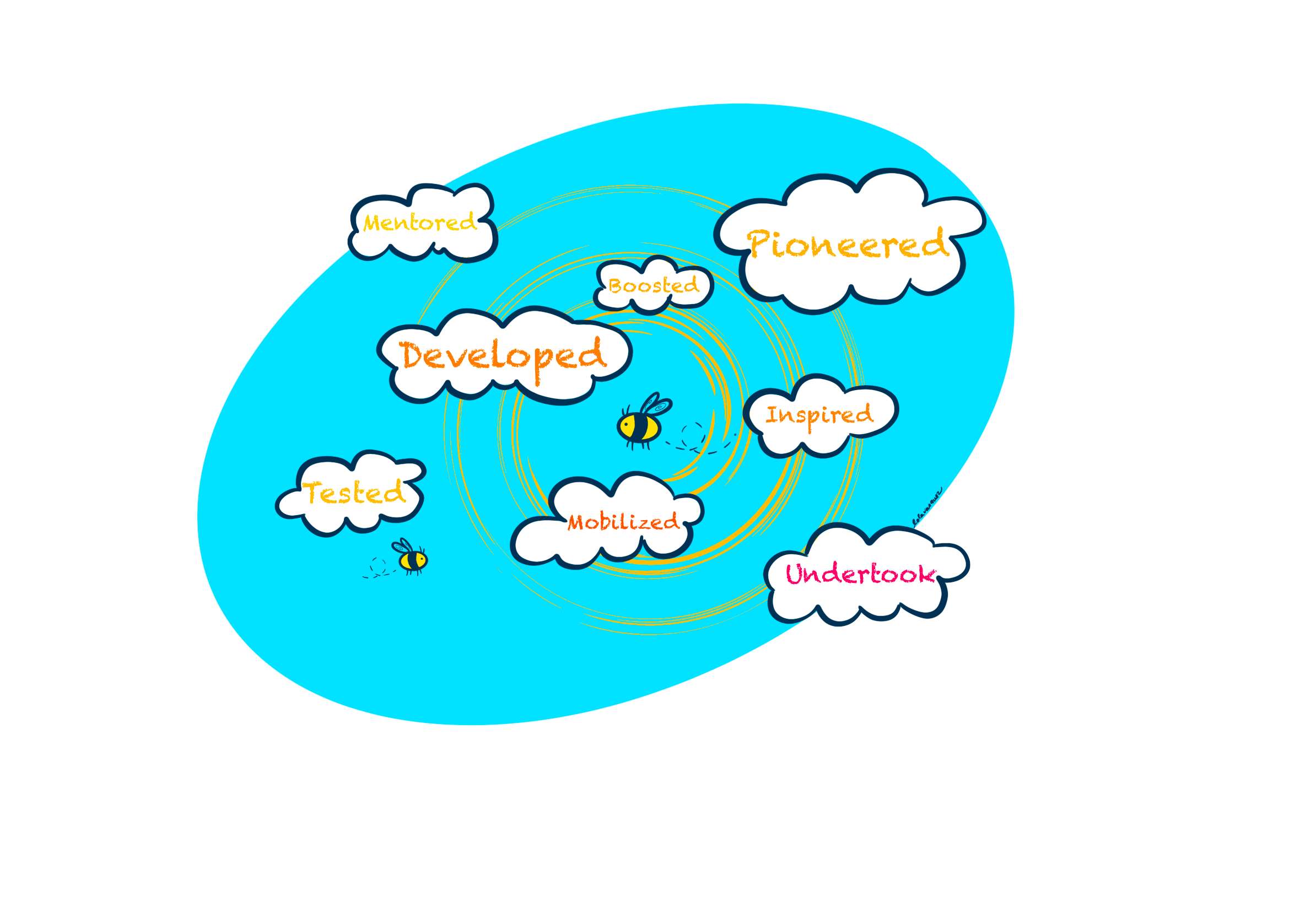
You can spend days working on your resume, guessing what hiring managers want to see or you can just try TopResume for free and save time from thinking of buzzwords.
Imagine a hiring manager sitting at their desk with a giant pile of resumes waiting to be read. How much time do you think is spent reviewing each one? Crafting your resume may have taken you weeks, but your resume only has a brief moment to make a lasting impression on a potential employer. Including the best buzzwords in your resume can help set you apart from other candidates.
Want to do meaningful work, earn more, and enjoy life?
See how we’re all creating momentum in the face of change and uncertainty.

This article explores what resume buzzwords are, where to include them in your resume, and which buzzwords to avoid.
If you need help with your resume, our team has spent countless hours researching the best resume writing services.
Resume buzzwords are terms commonly used to capture the attention of individuals reviewing resumes for potential candidates. When hiring managers have to scour through dozens of resumes, buzzwords are designed to help you stand out from the rest of the pile. They aren’t specific to an industry or job role. Instead, they can describe a host of skills and achievements.
When used correctly, buzzwords can have a significant impact on your success in landing job interviews and, ultimately, a job. Likewise, overusing or misusing buzzwords can hurt your chances of moving forward in your job search.
One reason buzzwords are important is that they can help you get past applicant tracking systems (ATS) that many companies use. These systems are now used by over 98 percent of Fortune 500 companies. ATS are software systems that assist in analyzing resumes and other tasks within the hiring process. They mine data from your resume to convert it into easily consumable information for hiring managers. Applicant tracking systems allow companies to select keywords and other criteria of value and even rank job candidates.
By adding the right buzzwords, you can create an attractive ATS resume that beats the bots and moves you up towards the top of the resume ranks.
If you’re applying with a company that doesn’t use ATS, buzzwords are still a valuable tool. Instead of software catching your keywords, it’s a human. Either way, you may only have a brief moment to make a lasting first impression. The language you use in your resume is almost as important as your skillset and experience. Hiring managers are looking for a resume (and candidate) that won’t blend into the paper pile. Want to know where employers are posting jobs? Check out our list of the top job posting sites.
Try to use buzzwords throughout your resume whenever possible. Buzzwords will give life and depth to your experiences, skills, and achievements.
A perfect starting point is your past job experience. Use buzzwords to describe what you accomplished in your specific job role. Turning your accomplishments into quantifiable actions goes a long way with recruiters and hiring managers. You can do that by adding numbers whenever you have concrete evidence to support your claims.
If you were a manager or supervisor, use buzzwords to describe how you managed. For example, you could use buzzwords like coordinate, initiate, oversee, spearhead, guide, or pilot to describe your role in particular projects or roles for past employers.
You can use buzzwords anywhere in your resume where you describe something you’ve accomplished or achieved. You can also use them to express your personality and work traits.
Here’s a look at some of the best buzzwords to use in your resume. The buzzwords listed can breathe life into your resume and make it pop. Explore the list below to find the right buzzwords to describe your skills and achievements adequately. We’ve broken the list down into categories to simplify the process.
